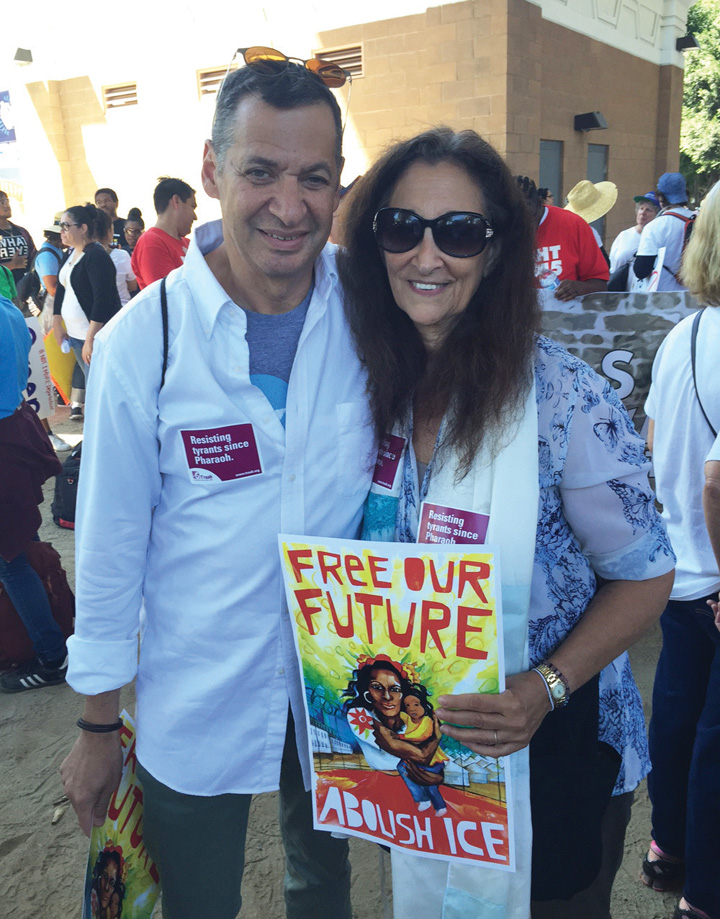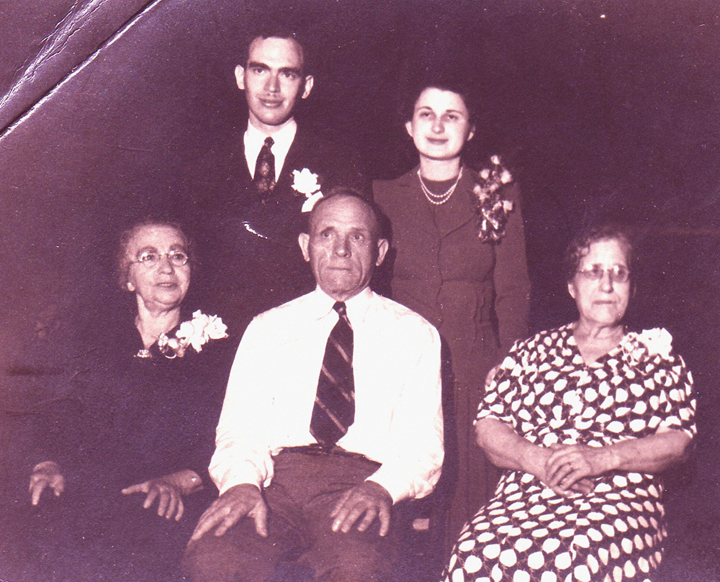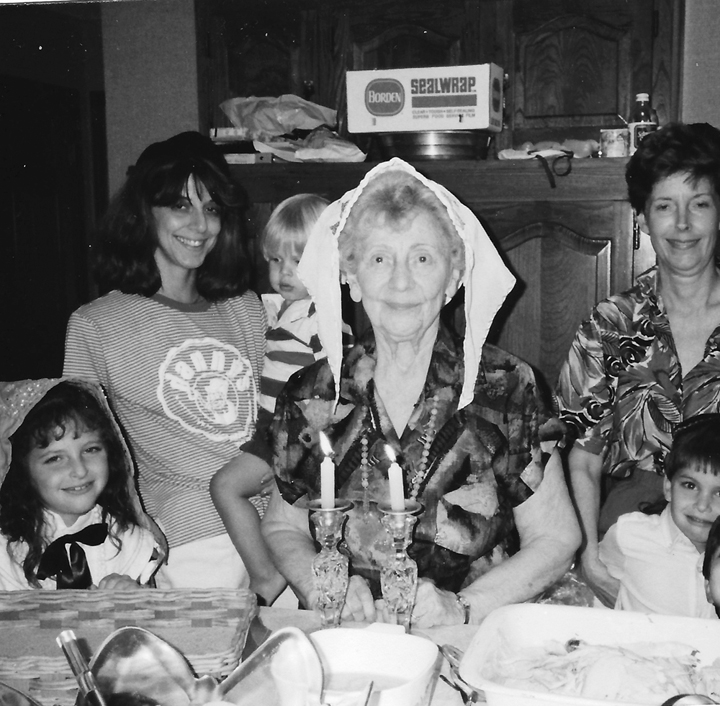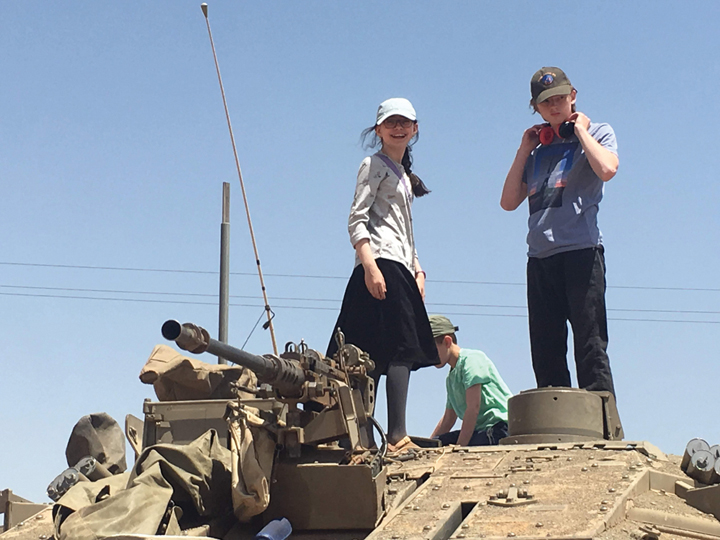Navigating cliques: How parents can help
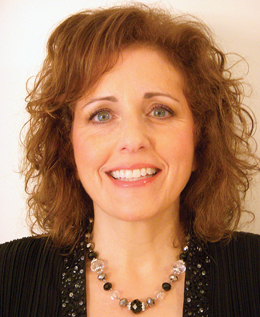 While returning to school has challenges for all students, kids entering middle school tend to face a greater transition. The biggest fear expressed by middle-schoolers is how they will fit in and how to go about navigating cliques in their school. The reality, though, is that cliques exist at every age, and helping teens learn to identify healthy and supportive friends is an important lifelong skill.
While returning to school has challenges for all students, kids entering middle school tend to face a greater transition. The biggest fear expressed by middle-schoolers is how they will fit in and how to go about navigating cliques in their school. The reality, though, is that cliques exist at every age, and helping teens learn to identify healthy and supportive friends is an important lifelong skill.
A lot can happen socially over the summer. Social media makes it easier to keep various cliques active even when out of school and it is notorious for spreading rumors and making it known who is “in” and who is “out.” Though many think of this as a “girl problem,” there are plenty of boys who also struggle to fit in.
So, isn’t a clique just a bunch of friends? The answer is “no.” Adolescents form groups of friends through shared interests, sports, activities, classes and sometimes summer camps. Typically in a group of friends there are no restrictions about hanging out with others outside the group and there are no expectations about doing everything together. This is not to say that some cliques can’t develop through common interests, but the social dynamics are vastly different. Cliques are usually firmly regulated by leaders who get to decide who is “in” and who is “out.” An additional defining component is that the members in the clique do most things together and someone who has a friendship outside the clique may find themselves excluded or teased.
The pre-teen and teen years are a key developmental time to figure out how to fit in. It is also common for kids to have feelings of insecurity and a desperate need to belong, which can sometimes lead them to reach out to cliques that can have long-term negative consequences. Though there really isn’t a way to eliminate cliques, parents can play an important role by helping their child differentiate between belonging to a healthy group of friends versus a harmful clique.
Here are some questions your child can consider to determine if the group is a healthy one:
Can I be myself when I’m with members of my group, or do I feel the need to put on an act?
If I do or wear something different from the rest of the group, will I still be accepted?
Do I have the most fun with the kids in my group or with kids outside of my group?
What do the kids in my group like the best about me? Is that something I want to be valued for?
What do I like best about the other kids in my group? Are these internal qualities or external qualities?
If I spend time with a friend outside of my group are my group members OK with that?
Do kids in my group think that they are better than kids not in my group?
Do kids in my group treat kids who aren’t a part of it kindly or cruelly?
Social relationships among friends gain increasing importance during adolescence. As the peer group becomes a more powerful source of influence, friendships begin to take on new meaning and significance. By starting a dialogue on this topic you will help your adolescent feel more comfortable to come to you as the inevitable challenges of friendships arise during the school year.
Susie Hurst is adolescent specialist for C.H.A.I. (Channeling Healthy Adolescent Interaction) at Jewish Family Services, where she also serves as director of family life education.



